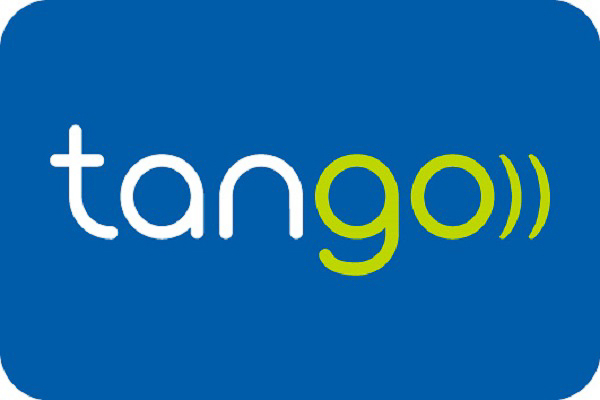
In the light of recent announcements that roaming charges would be abolished as from 15 June this year, communications company Tango has offered a clarification of the evolution of roaming charges and what "roam like at home" really means for consumers.
Since 2007, successive regulations from the European Commission have seen the gradual phasing-down of roaming charges across Europe. Tango says that since then, the cost of calls while roaming has fallen 92% and the cost of sending a text has dropped the same amount since 2009.
In April 2016, the Commission imposed caps on roaming rates, so that, for example, outgoing calls could not be charged at more than the national rate plus €0.05. On 1 February this year, the Commission announced the “Roam like at home” scheme, which would bring an end to roaming charges with the 28 EU member states plus Liechtenstein, Norway and Iceland.
But that does not strictly mean the end of roaming charges altogether. Certain limits need to be considered by consumers before they travel and start dialling the world.
First off, Tango clarifies that when travelling within the EU and using a mobile phone, communications will be included in the standard price of a user’s national plan, in the same way as calls are at home. Additional charges will apply if "free- roaming" exceeds allowances or is considered “abusive”, meaning that a user takes out a subscription in one country and uses it more extensively in another without good reason.
This ties in with the idea that “roam like at home” is not intended to be used for permanent roaming. Service providers may question the residence ties of anyone who spends more time and communicates more abroad than they do in the contract country.
Tango stresses that this would not be an issue for cross-border workers who have strong ties with another foreign country through employment or a second home, etc. Thus, a person living in France but working in Luxembourg, for example, would be able to use his or her Luxembourg subscription in France.
Moreover, service providers will not be able to “load” charges for higher than contracted use outside of the contract country. Excess charges incurred abroad should be charged at the same rate as they would be if they were incurred at home.
Service providers have the right to question consumers’ use of free roaming, though need to follow a specific procedure before they can start to apply roaming charges. In particular, they should monitor the difference in use over a period of at least four months. On that basis, if they feel that abuse is taking place, they can send a warning message to the customer. If, after two weeks, the customer has not returned to the contract country or advised the operator of their travel situation, then roaming charges can be applied though at a lower level than was historically the case.








